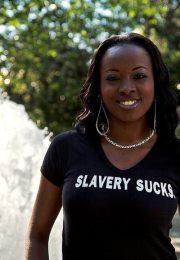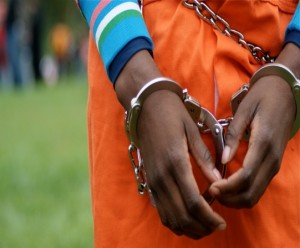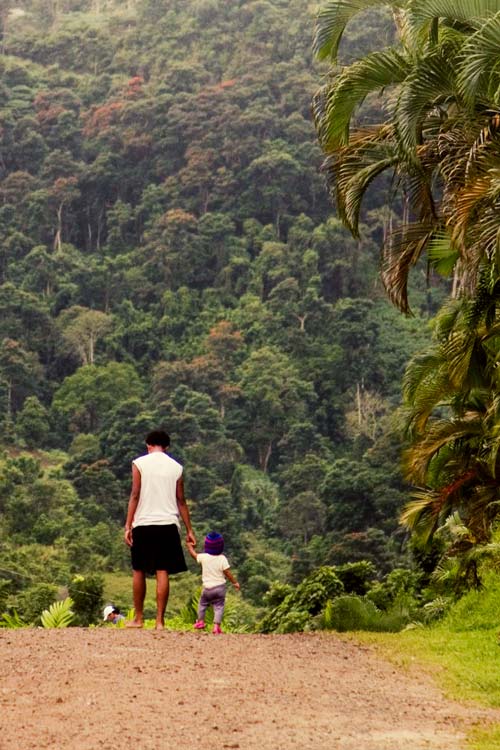
Although I never physically or psychological abused any of the girls in my “stable,” I am considered a criminal. Under the direction of my pimp, I upheld the rules and maintained control. I ensured the girls were working and not sitting down in the club; I made sure the girls were not “out of pocket” (behaving outside the rules and guidelines of the pimp). I had to drive the girls to work, if I refused, I was threatened with death. Yet by driving, I became a criminal and was charged with conspiracy to the Mann Act–driving minors across state lines for illegal commerce.
A bottom girl is almost always emotionally attached to her pimp. This is referred to at the Stockholm Syndrome–a condition that makes victims empathetic and defend their abusers. A bottom girl is extremely loyal to her pimp. Through manipulation, the pimp allows the bottom girl to feel she is in an intimate relationship with him/her and is not enslaved. The manipulation may simply be a reminder of how much she is loved as the pimp provides food, clothing, and housing for her; a reminder that all her bills are paid and life is easy. Her compliant obedience to her pimp is not only to make him happy but also out of terror of the outcome if she does not act accordingly.
 This is where things get complicated. When law enforcement becomes involved, a bottom girl will initially defend her pimp as she mistakes his abuse as an act of kindness. She defends the pimp’s act of rape, severe beatings, and verbal abuse by blaming herself. She often feels that she deserved what was done to her.
This is where things get complicated. When law enforcement becomes involved, a bottom girl will initially defend her pimp as she mistakes his abuse as an act of kindness. She defends the pimp’s act of rape, severe beatings, and verbal abuse by blaming herself. She often feels that she deserved what was done to her.
A pimp will convince a bottom girl that law enforcement will not rescue her; they will arrest her and send her to prison. And just like the pimp promised, the bottom girl is often arrested and charged as a co-defendant in a trafficking or prostitution case. She is inclined to believe the lies told to her by her pimp and has no trust in law enforcement. Having been warned by her pimp and receiving no rescue or services, she becomes unwilling to corporate in the investigation and tries to protect him. Believing that the pimp will be proud of her, she is often willing to accept any charges brought against her.
Anti-trafficking organizations understand that the bottom girl was under the direction of her pimp when she committed crimes. However, her dual role as a victim and criminal make it complicated for lawyers, prosecutors, and judges to uphold the law while acknowledging her victimization. Yet, justice must be served and the bottom girl is faced with taking responsibility of her own actions despite the circumstances.
Come back next week to learn how Shared Hope has effectively addressed this issue.
 Recently thrust into the media due to the less-than-honorable actions of some members of President Obama’s Secret Service team, sex tourism has risen to the attention of the global community. Sex tourism, defined as traveling to a domestic or international location with the purpose of purchasing sex, has become a multi-billion dollar industry with some seriously questionable repercussions.
Recently thrust into the media due to the less-than-honorable actions of some members of President Obama’s Secret Service team, sex tourism has risen to the attention of the global community. Sex tourism, defined as traveling to a domestic or international location with the purpose of purchasing sex, has become a multi-billion dollar industry with some seriously questionable repercussions. Countries with a weak economic structure are popular destinations for sex tourism because buyers can purchase comparatively less expensive sexual services with exotic women, men and/or children, with greater anonymity than if purchasing in their home country. A prime example is India. According to the
Countries with a weak economic structure are popular destinations for sex tourism because buyers can purchase comparatively less expensive sexual services with exotic women, men and/or children, with greater anonymity than if purchasing in their home country. A prime example is India. According to the  nessing the death of three children due to poor care, Ari and a young boy fled the shelter. Ari learned the boy had a 10-year-old sister enslaved in the red-light district of Pune. Ari helped rescue the sister and, with the help of police and a social worker, was able to rescue three other young girls from the brothel.
nessing the death of three children due to poor care, Ari and a young boy fled the shelter. Ari learned the boy had a 10-year-old sister enslaved in the red-light district of Pune. Ari helped rescue the sister and, with the help of police and a social worker, was able to rescue three other young girls from the brothel. Recognizing the critical role facilitators play in the exploitation of children, some hotels and airlines have taken it upon themselves to no longer act as facilitators in the child sex trade. Here are some of the positive steps hotels and airlines have taken in order to stop child sex trafficking.
Recognizing the critical role facilitators play in the exploitation of children, some hotels and airlines have taken it upon themselves to no longer act as facilitators in the child sex trade. Here are some of the positive steps hotels and airlines have taken in order to stop child sex trafficking.





